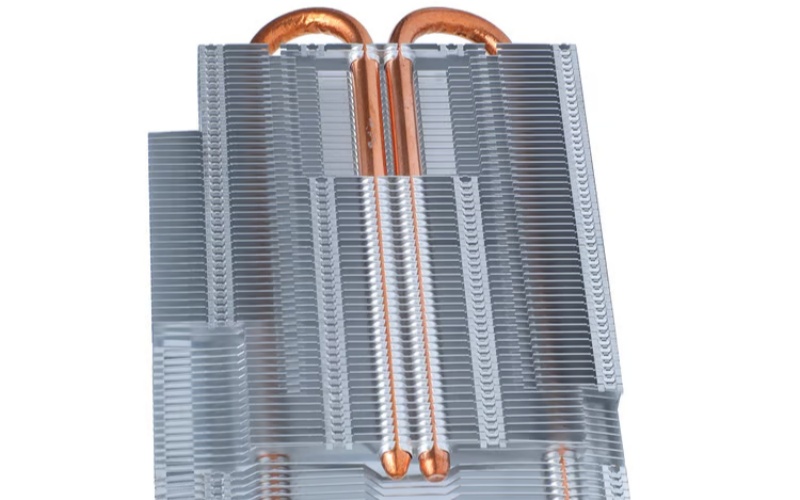Introduction
If you are building a PC, you may have come across different types of materials used for the CPU cooler. Copper is one of the most popular materials used, but is it the best choice for a CPU cooler? In this article, we will discuss the pros and cons of using copper as a CPU cooler material.
Pros of Copper as a CPU Cooler Material
1. High Thermal Conductivity
One of the main advantages of using copper as a CPU cooler material is its high thermal conductivity. Copper has a thermal conductivity of 401 W/mK, which is much higher than aluminum (237 W/mK) and other materials commonly used for CPU coolers. This means that copper can efficiently transfer heat away from the CPU, which is essential for keeping it at a stable temperature.
2. Good Corrosion Resistance
Copper has good corrosion resistance, which means that it is less likely to be affected by rust or other forms of corrosion. This is important for a material that will be exposed to moisture and other elements that can cause damage over time.
3. Durable and Long-lasting
Copper is a durable and long-lasting material that can withstand high temperatures and pressure. This is important for a CPU cooler that needs to operate at peak performance over a long period of time.
Cons of Copper as a CPU Cooler Material
1. Expensive
One of the main drawbacks of using copper as a CPU cooler material is that it is expensive. Copper is more expensive than other materials commonly used for CPU coolers, such as aluminum.
2. Heavy
Copper is a heavy material, which can be a disadvantage for a CPU cooler. A heavy CPU cooler can put strain on the motherboard and make it more difficult to install.
3. Requires Maintenance
Copper requires maintenance to maintain its performance and appearance. Over time, copper can oxidize and develop a patina, which can affect its thermal conductivity. Regular cleaning and maintenance are necessary to keep the copper in good condition.
Copper vs. Aluminum CPU Coolers
1. Thermal Conductivity
As mentioned earlier, copper has a higher thermal conductivity than aluminum. However, aluminum has a higher specific heat capacity, which means that it can absorb more heat than copper before it reaches its limit.
2. Cost
Aluminum is less expensive than copper, which makes it a more popular choice for budget-friendly builds. However, if you are willing to spend more for high-performance cooling, copper may be a better choice.
3. Weight
Aluminum is lighter than copper, which can be an advantage for easier installation and strain on the motherboard.
Conclusion
In conclusion, copper is a great material for a CPU cooler due to its high thermal conductivity, good corrosion resistance, and durability. However, it is also more expensive, heavier, and requires maintenance. Aluminum is a more budget-friendly option with a lower thermal conductivity and specific heat capacity, but is lighter and easier to install. Ultimately, the choice between copper and aluminum comes down to individual needs and preferences.
Quote Inquiry
Contact us!

